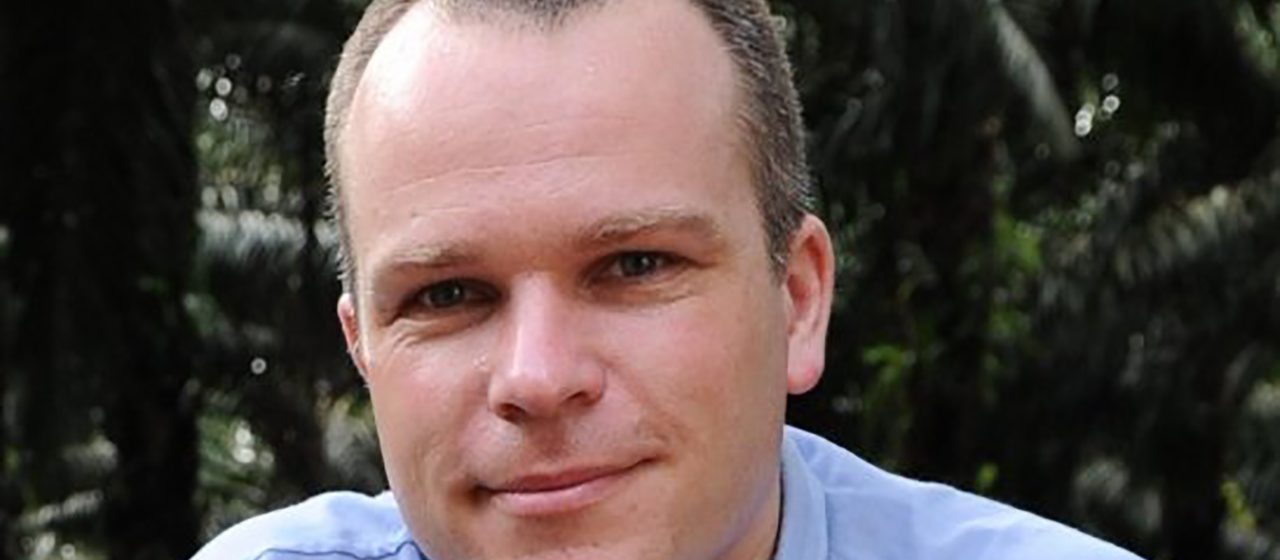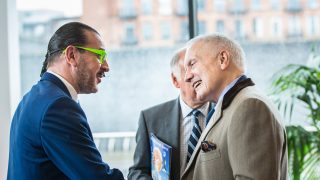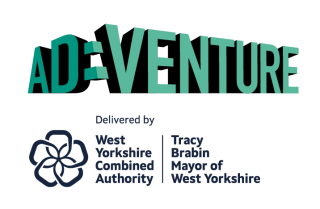
Corporate Responsibility Expert, Wouter van Tol likes zeros
by Wouter van Tol , Dec 05
Wouter van Tol is Global Head of Corporate Responsibility for Huhtamaki after previously working as Head of Sustainability Marketing & Communication for Nestlé UK & Ireland. He has been responsible for sustainability strategy, responsible sourcing, communication and public affairs for Nestlé UK & Ireland and Samsung and sits on the Board of Directors for CSR Europe. Ever since moving to the UK from his native country The Netherlands he has lived and worked in Yorkshire. He states:
“Any business trying to create value especially in the economic downturn should consider a few targets beginning with Zero. Let me explain with a story…
Nestlé’s York site is one of the largest confectionery factories in the world. It produces one billion Kit Kats a year, 183 million Aeros, and many products besides. The factory is highly efficient, but inevitably it produces packaging and product waste. In fact, we paid £120,000 of landfill tax per year for many years and tried to reduce waste incrementally, under the header of ‘resource efficiency’.
But then something special happened. Employees ‘got it’, and within 2 years the results were there for all to see. 97% of the site’s waste is recycled, 3% goes to energy recovery, and nothing goes to landfill"
We don’t have to pay any landfill tax anymore; in fact we’ve created a new revenue stream from 800t of recovered materials.
What had happened?
We framed the goal as ‘Zero to landfill’, simple as that. ‘Zero’-targets are easy to understand and motivating. If you called it ‘resource efficiency’ and aimed for a 5% reduction per year, you wouldn’t get the same excitement and dogged determination from employees to solve the issue.
Now think of the value this single Zero target created for the Nestlé business as it was rolled across 14 sites in the UK (of which 2 are in Yorkshire). Think of the environmental benefit of moving away completely from landfill. And we didn’t have to sell a single extra case of Kit Kat to achieve it.
No matter the size of your enterprise, Zero-targets can be used many areas. Parts of your water and energy consumption could be reduced to zero. You probably already know about ‘zero defects’ in manufacturing.
How about zero accidents in health & safety?
The idea appeals to many. John Elkington, a sustainability expert, wrote a book about it: ‘The Zeronauts’. I don’t think I will read it, because I’m simply convinced by seeing the effects of a good Zero target in reality.
I hope you too can create some good Yorkshire value with Zero.”






